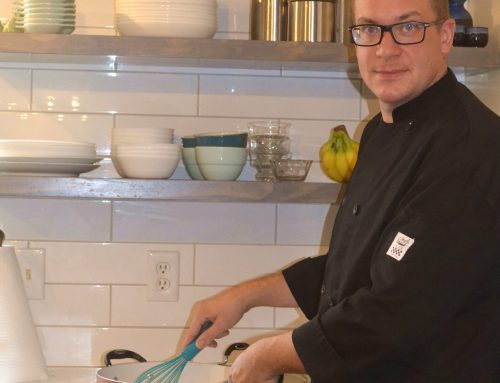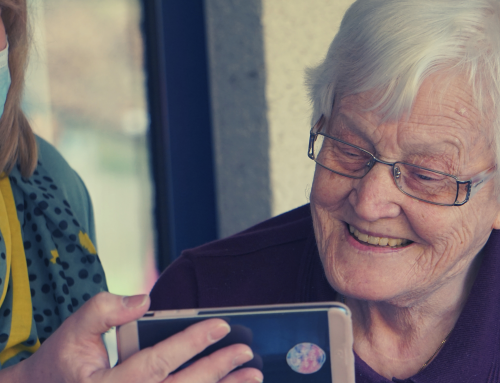Assisted Livings specializing in serving residents with memory care issues play a critical role in medication management. Seniors with Dementia and Alzheimer’s are less likely to communicate about allergic symptoms, side effects or any other ongoing issues with medications. As a result, the caregiving staff at the Assisted Living must be aware, observing and communicating regarding each resident’s medications.
1. Awareness
Whether the Assisted Living is staffed with an RN or LPN, a nurse should be present, overseeing the medication management and aware of the specific medications that each resident is taking. The nurse is responsible for making sure that medications are administered properly by giving them to the correct person and providing the cues and support necessary for the medication to be taken. Part of the nurse’s oversight of medication management is making sure that other caregivers have an awareness of what types of medication each resident is taking, as well as the potential side effects or problems associated with each medication. If the staff is fully aware of what types of drugs each resident is taking, they will more efficiently be able to observe possible issues with the medication in order to communicate those issues on behalf of the resident.
2. Observation
Medication Management does not end once the resident has swallowed the pills. The next vital step is to have a staff that is giving great care to each resident. While providing close care, caregivers learn about the behaviors, sleeping habits, eating habits, and cognitive norms for each resident. Though it is the Doctor who prescribes and the nurse who administers the medications, when something seems off, it is the caregiver who is often first to notice. Particularly, when caring for those with Dementia or Memory Care needs, caregivers must be the voice of those for whom they care. More so than nearly any other group, seniors with Alzheimer’s need a caregiver observing the impact of their medications and reporting what they see.
3. Communication
Documentation of the correct medications given to the correct people at the correct time is the first vital step to medication management; However, the second course of communication is also imperative to the quality of care for seniors with dementia. Awareness and observation are only effective if they are adequately communicated from the caregivers to the nurse, and then from the nurse to the Doctor and relevant family members.
Residents with dementia will appreciate the extra effort, as it is highly unlikely that they will be able to report negative or positive effects of medications in a traditional way.
It is helpful if a formal system of written or verbal communication is a consistent feature in observing and communicating regarding medications. Residents with dementia will appreciate the extra effort, as it is highly unlikely that they will be able to report negative or positive effects of medications in a traditional way.
4. Smaller is Better
In assisted livings where there are less residents, medication management is simply easier to do. Awareness, observation and communication grow exponentially in a smaller environment with less residents and more staff. As well, these things often occur organically in a setting that is more “family-like”. When looking for a home for a loved one, consider the size of the building, the number of residents and how the medications are managed, in order to ensure the greatest quality of life for your loved one.





